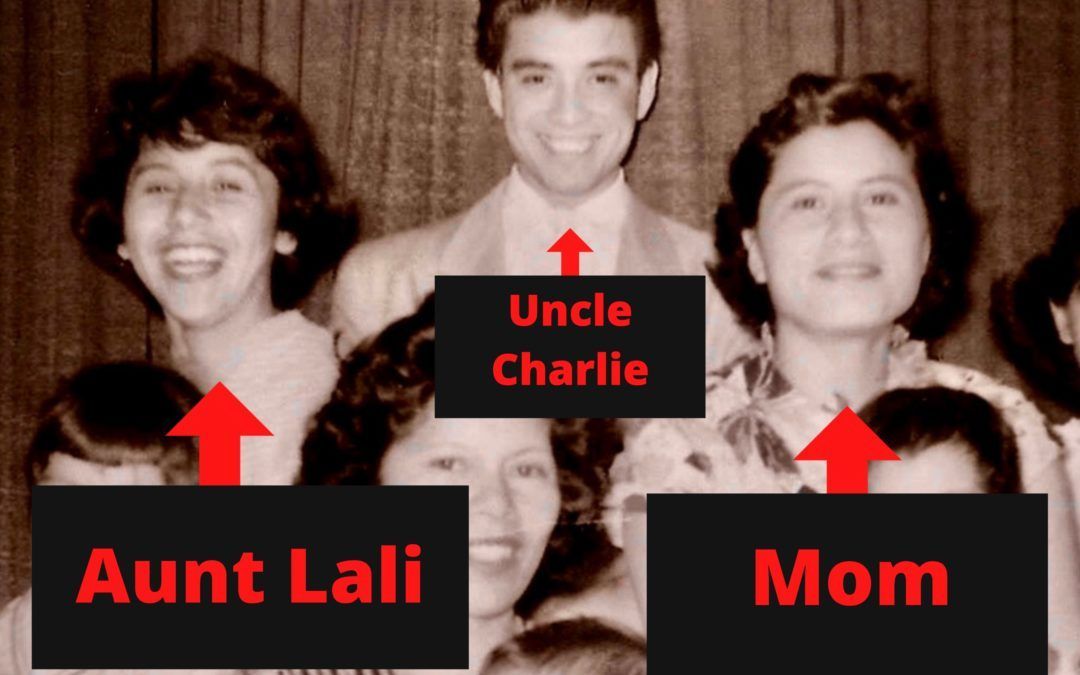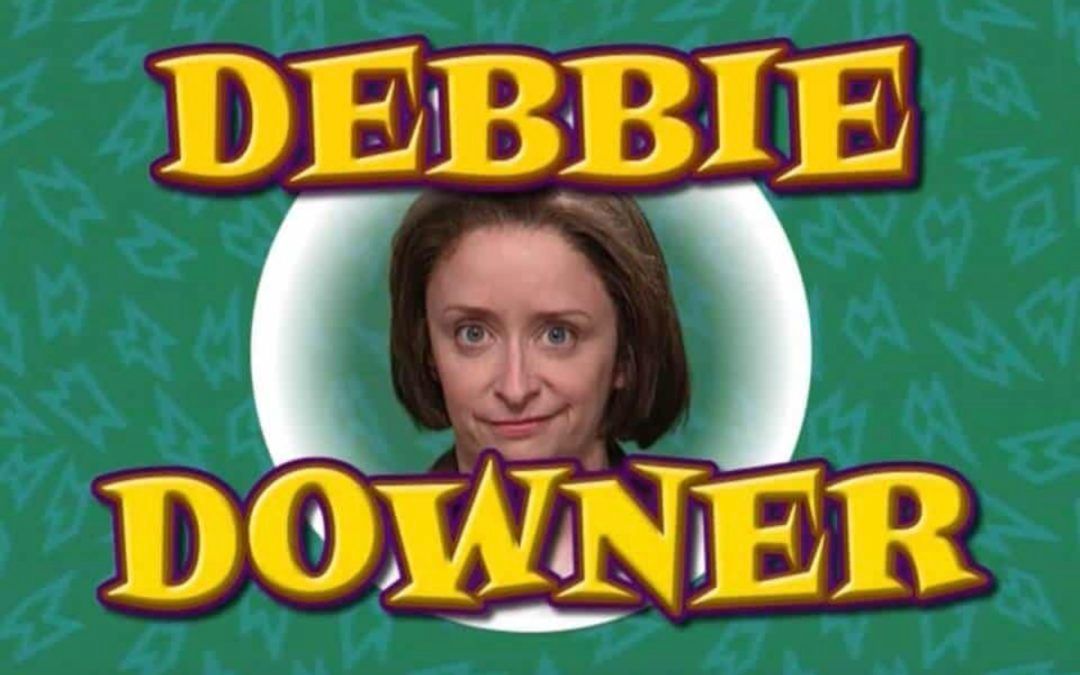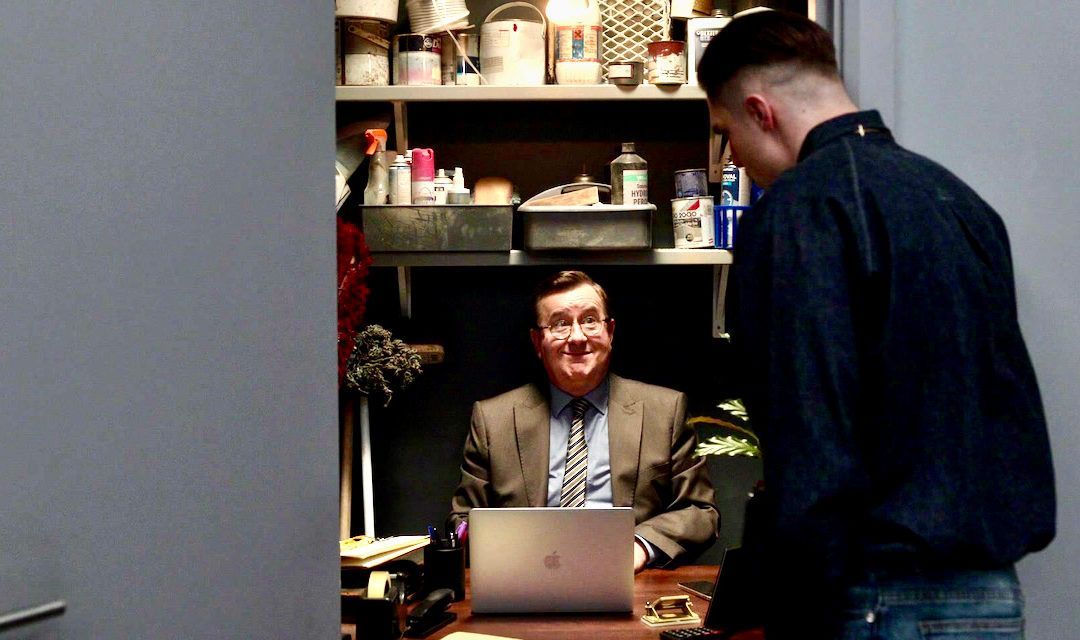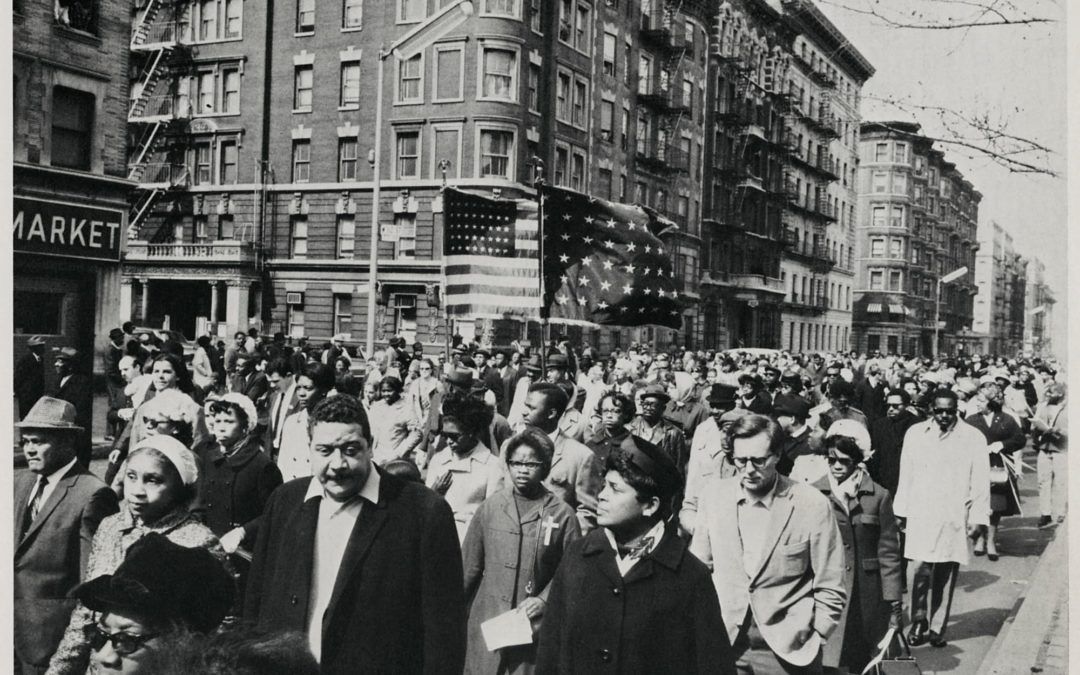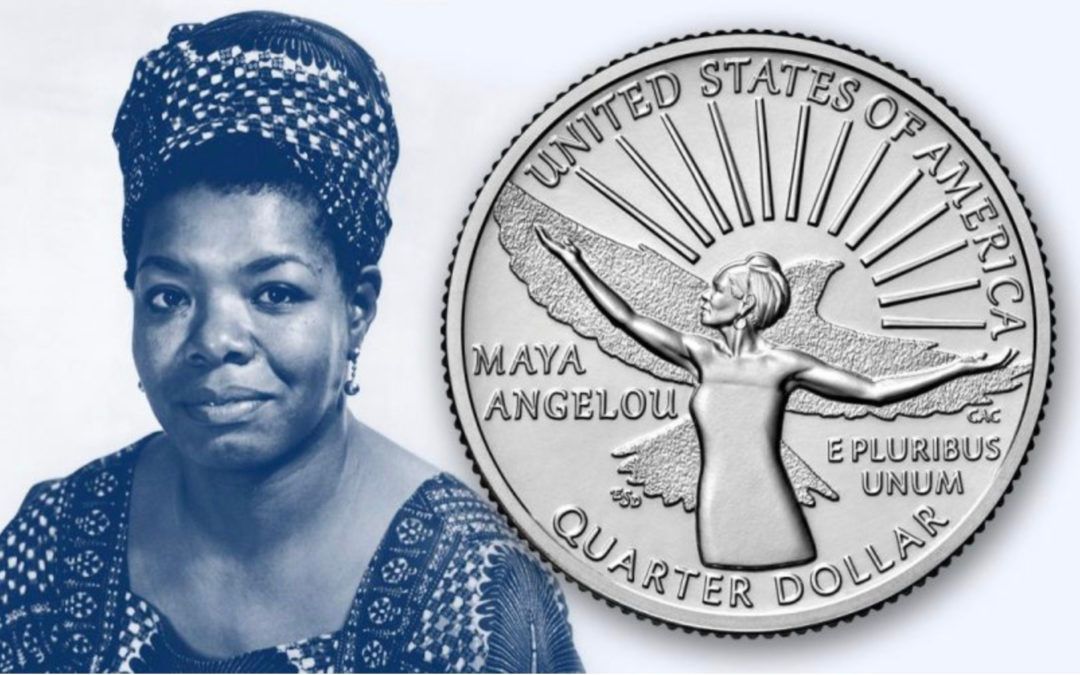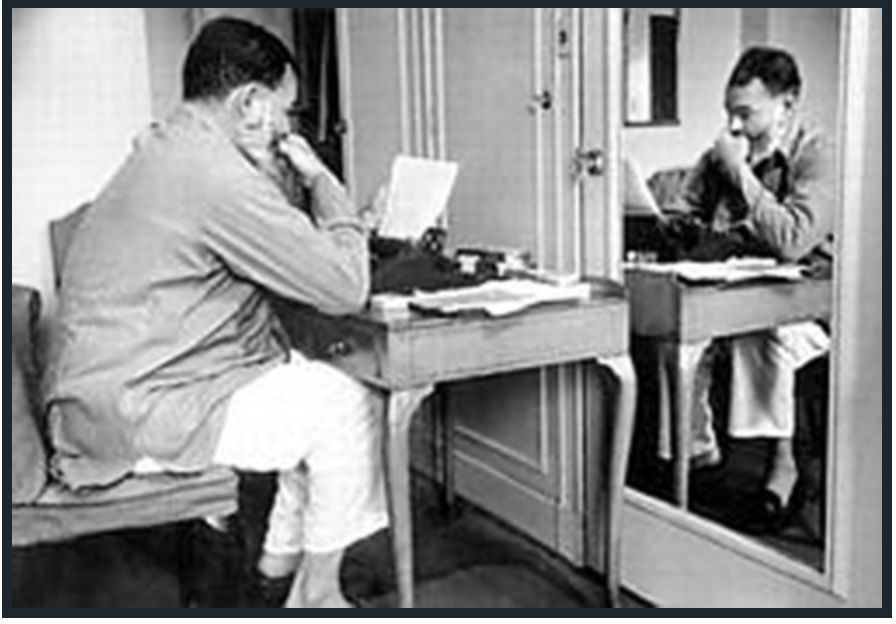Our Life Coaching Blog

Wouldn’t it be nice if Christians were always nice? If we always got along? But if you’ve been around for a while, you know that’s not always the case. Seasoned veterans of ministry can tell war stories about life on the mission field, in church staffs, and throughout congregational life. I once heard Howard Hendricks say: “To dwell above with the saints we love,
O that will be glory;
but to dwell below with the saints I know —
well, that’s a different story.” That quote shows you the value of seasoned saints — they’ve seen some things. One of those saints in my life is my mentor and friend, Les Avery. Les once told me: “Steve, there are three kinds of problems you’ll encounter in church life: management problems, relationship problems, and spiritual problems.
You get in trouble when you try to solve one kind of problem with a different kind of solution.” That insight has stuck with me for decades. And it’s never been more relevant. The 3 Kinds of Problems Here’s a breakdown of Les’s framework: 🛠️ Management Problems These are about systems or logistics. Think: Dirty dishes left in the church kitchen Double-booked rooms Communication breakdowns They’re practical, solvable — if you treat them that way. 🤝 Relationship Problems These arise when: Blind spots go unchecked Trust is broken Tensions rise People stop listening Relational issues need relational repair, not just better policies. 🙏 Spiritual Problems These emerge when we miss the mark on a heart level — when we: Drift from the Jesus way of relating Compromise integrity Let pride, apathy, or judgment rule the room Saint Margaret’s Parking Spot Let me tell you a story. At one of my first churches, there was a beloved senior saint named Margaret. She was known for her fabulous Sunday hats and her warm presence. One Sunday morning, during a business meeting, Margaret made her way to the microphone and said: “There aren’t enough parking spaces for us Senior Adults.” After she explained her concern, our pastor asked: “Margaret, are you making a motion?”
She answered:
“I’m making a fuss!” Everyone laughed — but the trustees took her seriously. They doubled the number of Senior-designated parking spots. Margaret was happy. Problem solved. Now, imagine a different reaction: “Margaret, the children of Israel walked for 40 years. You can walk two blocks.”
Or, “Margaret, why don’t you pray to Jesus for contentment and a cheerful spirit?” That would’ve taken a management issue (parking) and tried to fix it with a spiritual response (contentment). And it would’ve backfired — relationally and maybe even spiritually. Misdiagnosed Problems Hurt People Have you ever had a real, tangible concern only to be told you need to adjust your attitude? That’s dismissive. It turns one kind of problem into three. I’ve seen it happen too many times: Someone brings up a practical issue and gets spiritualized into silence. A hurt or offense gets brushed off with “let’s just pray about it.” Mismanagement is labeled as rebellion. Misbehavior is swept under the rug. Before long, staff resign, members drift away, and some even walk away from the faith altogether. It’s like trying to put out fires with lighter fluid .
No bueno. So What About You? Think about something you’re dealing with right now — at home, at church, or in your circle of influence. What kind of problem is it?
How are you trying to deal with it? Let’s get practical. ✅ If it’s a management issue... Clarify the process. Adjust the system. Improve the plan. ✅ If it’s a relationship issue... Slow down. Seek to understand. Rebuild trust with empathy. ✅ If it’s a spiritual issue... Pray. Repent. Return to the heart of God and the heart of the matter. A Real-World Example Let’s say a staff member is accused of inappropriate behavior. Good management checks the facts before jumping to conclusions. Good relationship gives people the benefit of the doubt and holds space for both grace and truth. Good spiritual leadership enters with prayerful humility, treating others as you would want to be treated — even in crisis. Missteps compound.
And what starts as one kind of problem can snowball into all three. Reflect + Respond So let me ask you: Can you name the problem? Is it managerial, relational, or spiritual? Are you using the right kind of solution for the kind of problem you're facing? 💡 One of my signature sayings is this: There’s no situation so bad you can’t make it worse. But there’s always time to reconsider the errors of our ways. 🗣️ I’d love to hear your thoughts, stories, or questions. Drop them in the comments below or share this article with someone who’s trying to lead well in the real world. Want more practical wisdom for your leadership journey? Subscribe to my newsletter or explore coaching options for teams and individuals navigating messy, meaningful work.


